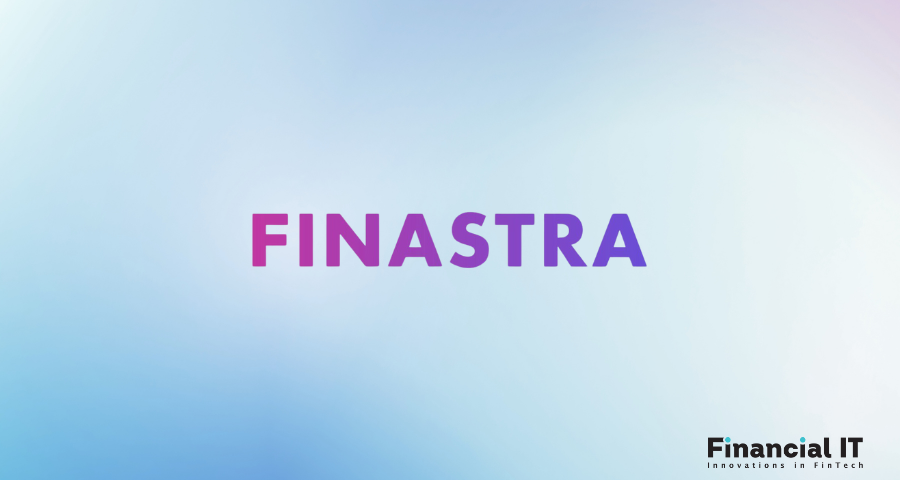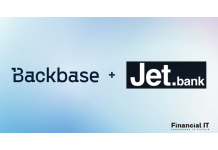Avelacom Expands Access to Argentina’s Capital Markets...
- 27.01.2026 10:05 am
ebankIT Strengthens North American Expansion to...
- 26.01.2026 08:45 am
Discovery Federal Credit Union Unanimously Selects...
- 21.01.2026 08:15 am
Revolut Announces Expansion Plans For Peruvian Market
- 20.01.2026 09:45 am
Mastercard And Moneythor Partner To Bring Deep Banking...
- 19.01.2026 12:35 pm
Forma Innovations Accelerates Growth With Sofco...
- 19.01.2026 09:25 am
Jet Bank And Backbase Partner To Launch Albania’s...
- 19.01.2026 08:15 am
Inter Gains Federal Reserve Approval To Establish U.S...
- 19.01.2026 08:05 am
Citizens State Bank Partners With MANTL To Unify And...
- 16.01.2026 01:55 pm
Iute Group Receives Regulatory Approval to Establish a...
- 16.01.2026 08:55 am
LHV Bank Tops £1Bn in Deposits as Simplicity And Fair...
- 15.01.2026 09:25 am
Nubank Customers Saved $29 Million in One Year via...
- 14.01.2026 11:25 am






















